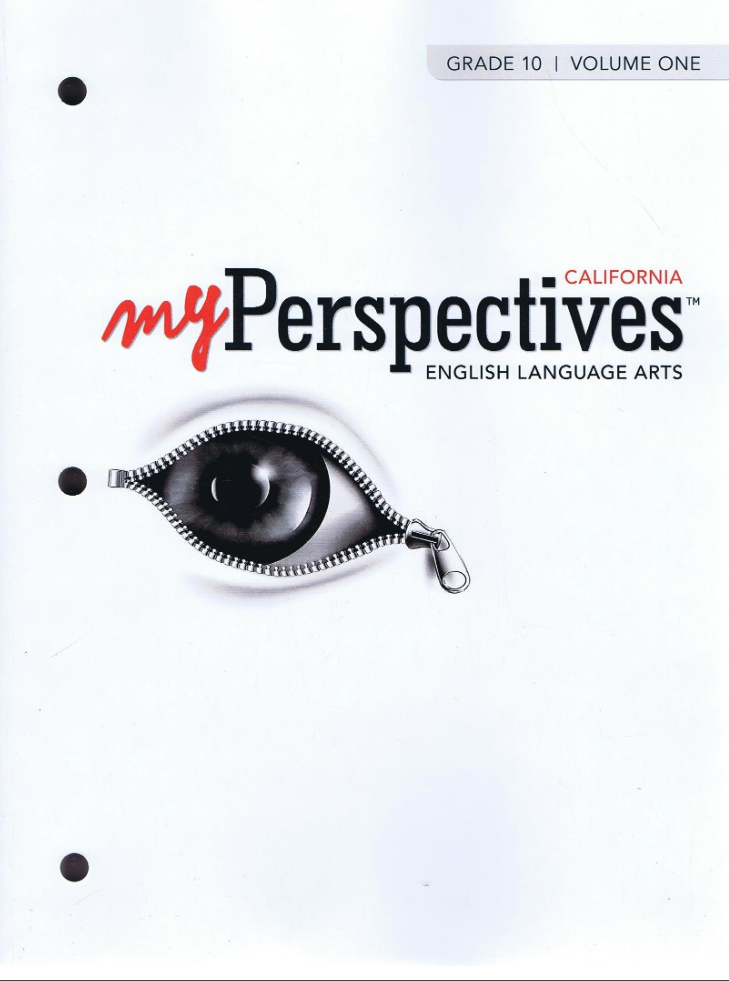
myPerspectives: English Language Arts Volume 1, California Grade 10
1st Edition
ISBN: 9780133339598
Textbook solutions
All Solutions
Page 241: Encountering the Other: The Challenge for the 21st Century
Exercise 1
Step 1
1 of 2
See sample answer below.
Result
2 of 2
They would only discover that there were other people in the world when they physically encountered them, possibly while they were out foraging for food or traveling to a new location.
Exercise 2
Step 1
1 of 2
See sample answer below.
Result
2 of 2
Hospitality.
Exercise 3
Step 1
1 of 2
See sample answer below.
Result
2 of 2
To gain resources in the form of land, slaves, converts to his religion, or natural resources like timber and metals.
Exercise 4
Step 1
1 of 2
See sample answer below.
Result
2 of 2
All of human history has been shaped by encounters with the Other and how we approach them. In the earliest days of mankind, when people lived in small family-tribes, the only way people would have known an Other existed would have been if they encountered other tribes in person. As time progressed and trade grew more complex, people grew more generally aware that other societies existed, but they reacted in different ways. Some, like the Greeks, believed that a stranger or traveler could have been a God in human form, so they treated all Others with hospitality. The Chinese, on the other hand, believed the only “true” people were Chinese, and they built walls (such as the famous “Great Wall”) to keep the Other out. Many European peoples regarded the Other as lesser as well, and because of this, they had little remorse for going to other countries to steal resources, land, and even people. Now, we are in an age even more global than ever before, and societies are becoming increasingly hybridized. It is critical, then, that we make serious efforts to cultivate dialogue with the Other, in all societies, so that we learn to embrace our differences, not resent them.
unlock

